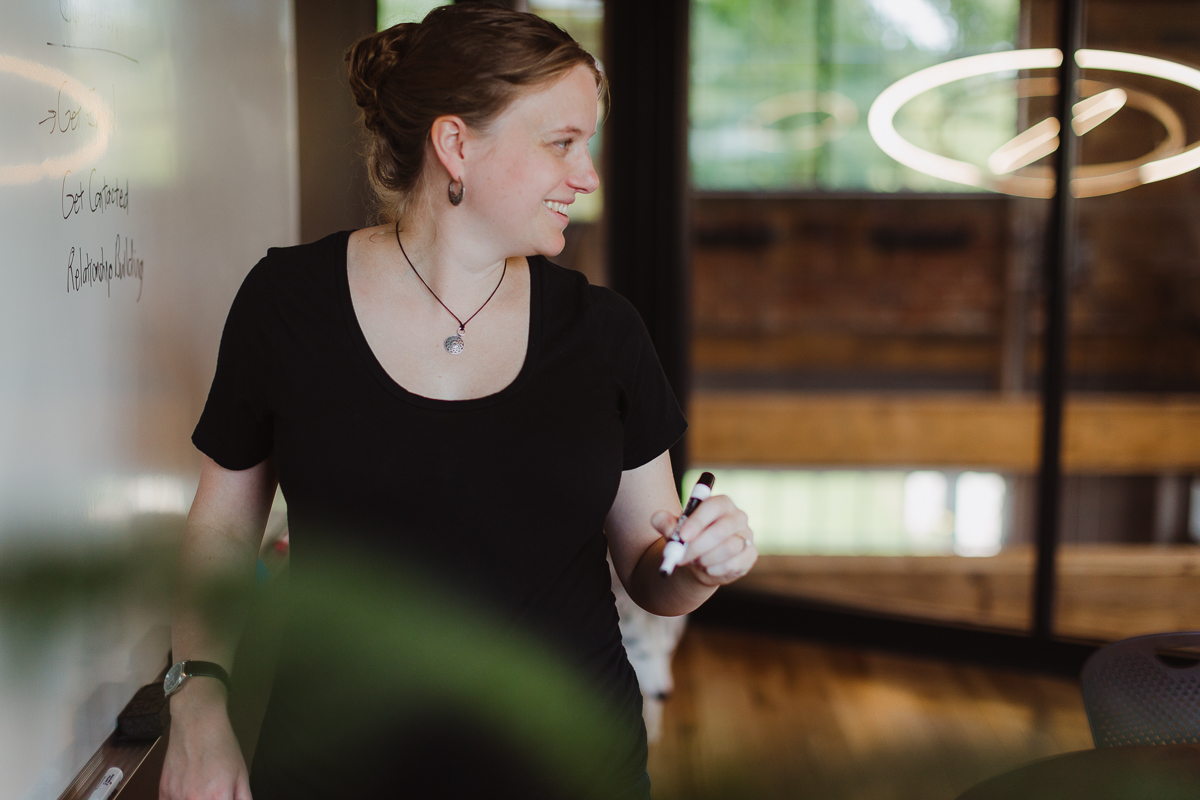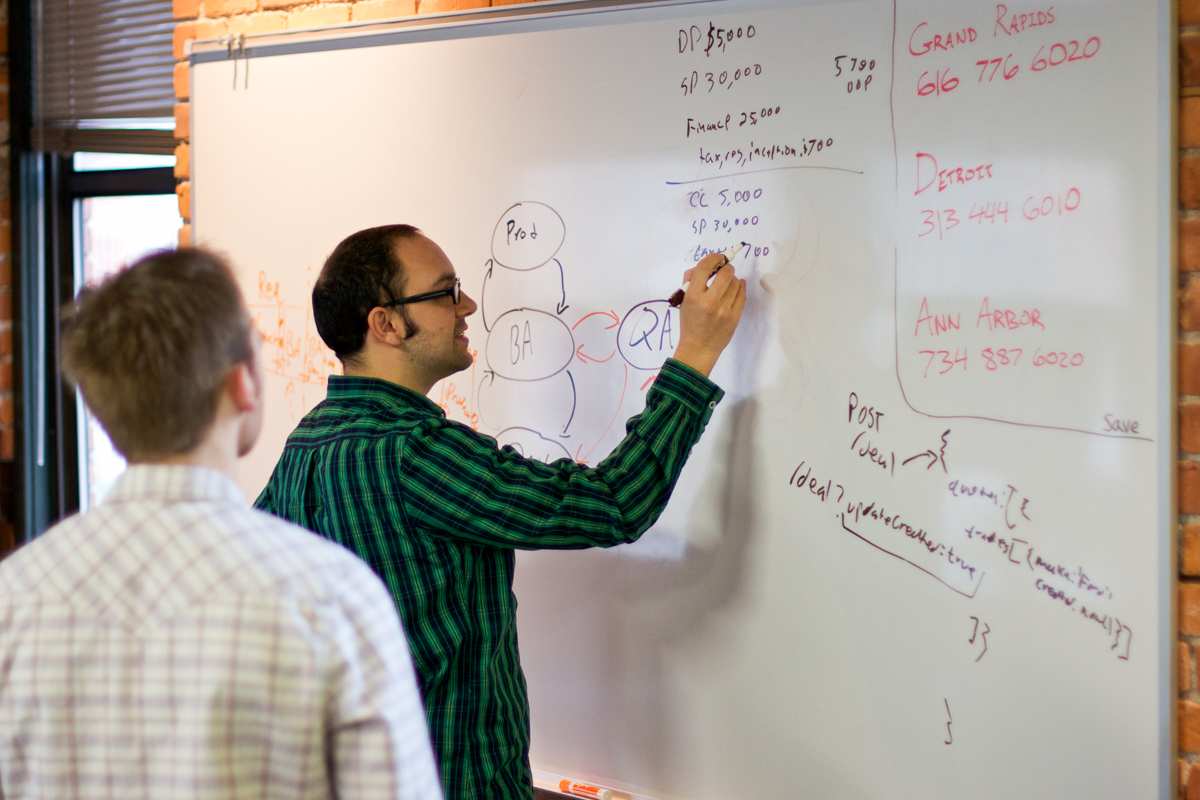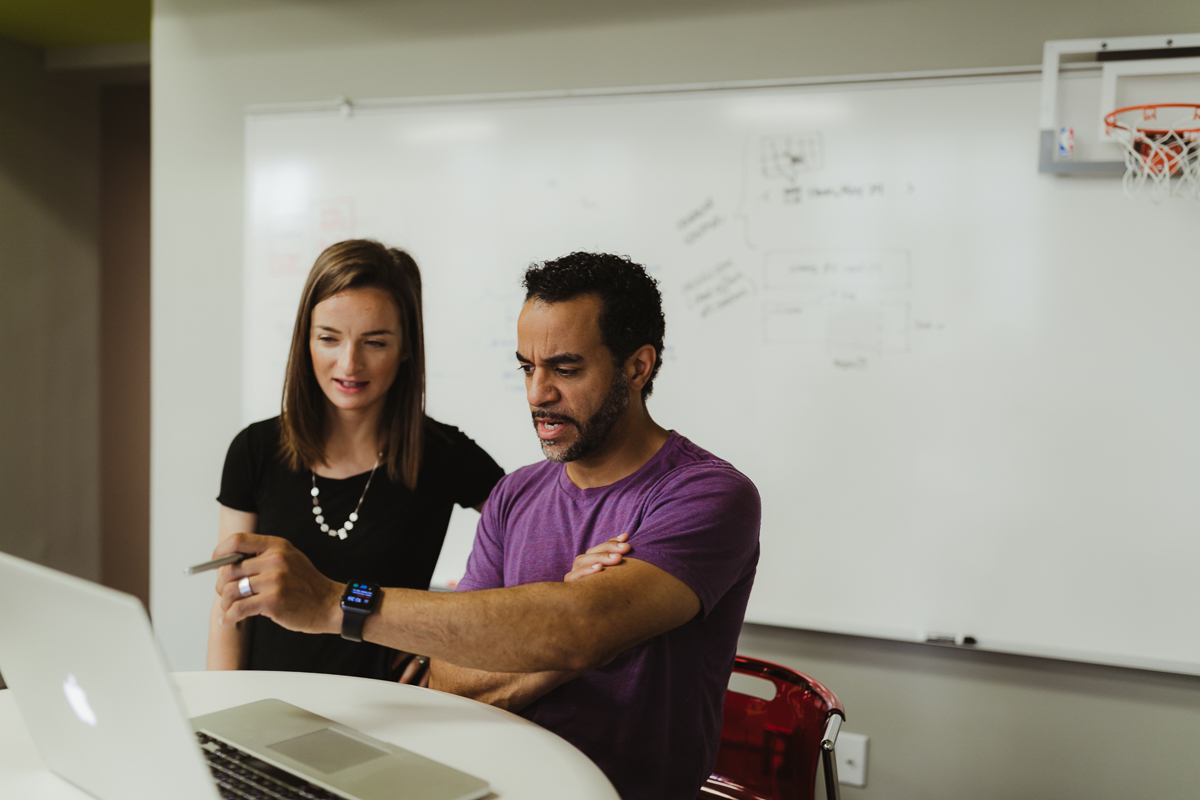
What do you want your career to do for you?
The question may appear obvious, but think about it before you dismiss it. You’re starting a new phase of adult life. Preparation time is over, and now it’s time to execute. As you start out on this exciting new voyage, do you know what you want to get out of the rest of your life—working or otherwise? Be honest. Is your next step everything you’d hoped for out of a career? It might not be. But is it the right next step toward what the rest of your life will be?
I’d like to help you think about what you want out of your time on the planet and how your career can be a tool to aid you in that mission. I don’t pretend to have everything figured out myself, but as a professional on the other side of 40, I do have some 20/20 hindsight that can help.
It’s Not About the Job
As you start out in your career, remember that a job is seldom an end in itself. A job is usually a means to an end. It’s a tool to get something else you want.
When you get up in the morning and go to work as a developer, you aren’t excited about typing on a computer. You probably aren’t excited about reading documentation all day. If you are excited, it’s about the people you’ll get to do the job with, the prestige you’ll gain by doing the job well, the gratification of solving a tricky problem and feeling that you’ve helped others, or the idea that you are adding to your personal legacy by creating something great. It’s not about the code—it’s about what the code enables you to do.
Or, let’s be honest, it may be about the money and benefits you get in exchange for your time, energy, and expertise. But the money and benefits are also a means to an end. They give you freedom to be able to do the things you want to do.
This begs a scary and intimidating question: What kinds of things do you want to do with your life?

Start with the End in Mind
Early on in my career, a personal mentor led me through an imaginative journaling exercise. It was designed to help me think about what I wanted to accomplish in life and who I wanted by my side.
These are important things to figure out as you stand at the beginning of a journey. You’ll spend most of the rest of your life working. Shouldn’t that investment of time line up with what you want to accomplish? Shouldn’t you be aware of the types of people you want surrounding you?
The exercise involved imagining my 80th birthday. I was asked to focus on who was there. Who was sharing my life? On this important day, who showed up to honor me? Then my mentor asked me to imagine that the different people at the party got up to speak about the impact I’d had on them over the years.
For me, this exercise crystallized the idea that that forming a loving, supportive family was important to me. It also showed me that I wanted to be able to experience life with a significant other with whom I experienced a close, personal connection. I also discovered that traveling and living abroad were very important to me. Being in a position where I could be honest and transparent with those around me also mattered, and I realized that I liked building things that would make the world a better place to be. I also discovered that strong execution and follow-through were things that helped me to feel a sense of accomplishment.
I would encourage you to take some time to engage in a similar exercise. It doesn’t need to take long or go into much depth. You’ll need a quiet place, something to write on, and about 30 minutes of time. You might want to take more than one try at this exercise. When you feel like you have a pretty good understanding of what your end looks like, you’re ready for the next step!

Make Decisions Based on the Next Five Years
Once you have some understanding of what is important to you, you’re going to be much better equipped to make decisions that align with those goals. One of those decisions is where you’re going to start your career.
I would encourage you not to think about what sort of position you want in 20 or 30 years. That’s a long time horizon. There are too many variables in life to think that far in advance. Sometimes, life happens and things don’t turn out they way you thought they would.
Although you can’t know exactly how your career will end up, you can choose how you start, and that choice can influence where you end up in 20 or 30 years. Make a choice that isn’t in line with your mission, and you could end up far off-course years down the line. If a ship’s captain is a fraction of a degree off in navigation at the beginning of a journey, that fraction of a degree can work out to being hundreds of miles off-course at the end of a voyage.
As you think about where you want to start your career, consider the next five years: What would you like to be doing? Who would you like at your side? Where would you like to be? Five years is a short enough time span that you should be able to take your first step with that realistic end in mind.
There have been a lot of books written about how to check in with yourself, evaluate the course of your career, and measure your progress toward far-off goals. But as you make this first decision, set the furthest horizon at five years. Then think about what the best next step will be to reach that horizon.
This way of thinking is both lightweight and purposeful. It doesn’t have a lot of everyday overhead, but it allows you to stay focused on the next major stage in your journey toward your goals.
In my next post on career choice, I’ll talk about five types of jobs in tech and how to pick the one that lines up best with your end goals.

